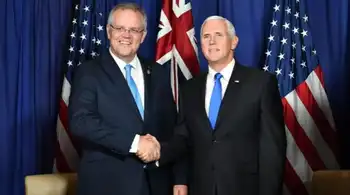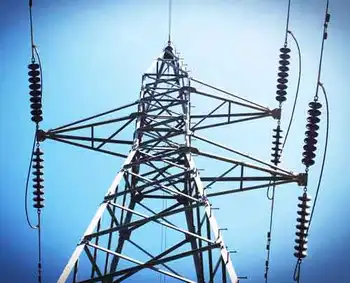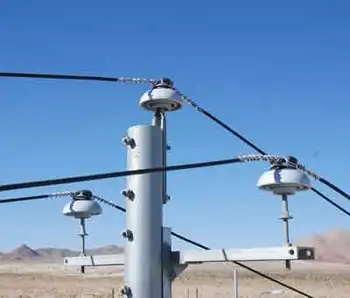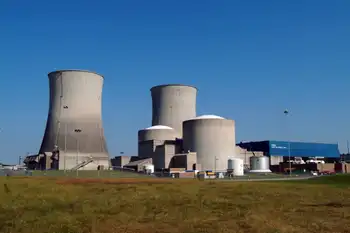Belarus and Russia to sign nuclear agreement
By Industrial Info Resources
Substation Relay Protection Training
Our customized live online or in‑person group training can be delivered to your staff at your location.

- Live Online
- 12 hours Instructor-led
- Group Training Available
The prime minister of Belarus, Mikhail Myasnikovich, made the announcement after a series of wide-ranging talks with Russian Prime Minister Vladimir Putin in Moscow. The plant, which is a source of huge controversy with neighbouring countries, is expected to use two third-generation pressurized water reactors, the VVER-1200, from Russian energy giant AtomStroyExport.
The plant will have an expected generation capacity of 2,400 megawatts MW and will be capable of supplying 28 of Belarus' electricity. The proposed location for the plant is in Ostrovets, near the Lithuanian border, and only 50 kilometres from Lithuania's capital, Vilnius. The location is a source of increased tension between the countries. The fact that the new reactor designs have not been tested under real-world conditions has also served to increase opposition to the plant from local countries and at a European level.
"The basic agreement will be signed in the first quarter of this year," said Myasnikovich, following the talks, adding that Belarusian companies would play a key role in the plant's construction. "There is full understanding that the Belarusians, using those skills that are available to us, will be actively involved in the implementation of this project," he added. "This [project] is certainly an energy matter and, to an extent, a national security matter for us. This project remains of immediate interest, and is one of the main projects for the coming years. I see good prospects here."
"We understand that it is a very important project for Belarus," said Prime Minister Putin. "It increases the energy independence of the republic. The Russian side is ready [to help Belarus] realize this project. The project is big, nearly $6 billion, and we are ready to solve the issue of a loan."
Belarus is almost completely dependent on Russia for its energy needs, importing most of its gas and oil. Over the years, there have been numerous energy disputes, including Russia's cutting off gas supplies to the country last June and, earlier this month, stopping crude oil exports for a short period.











